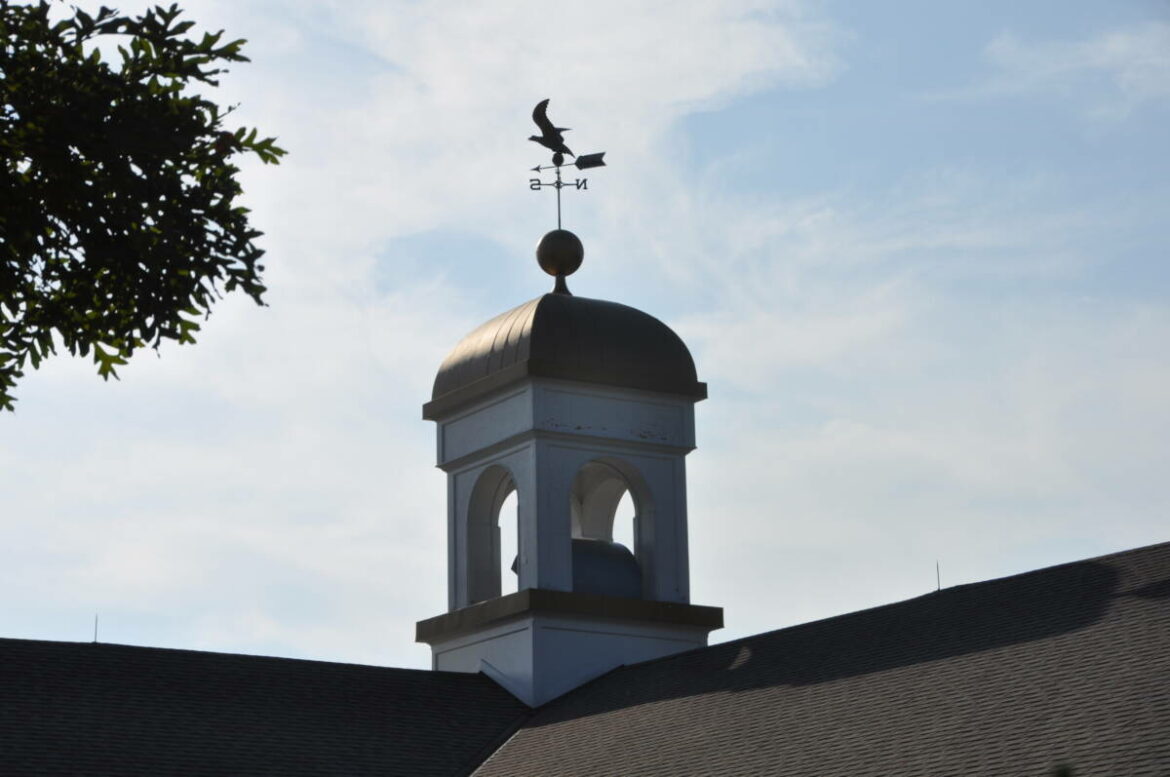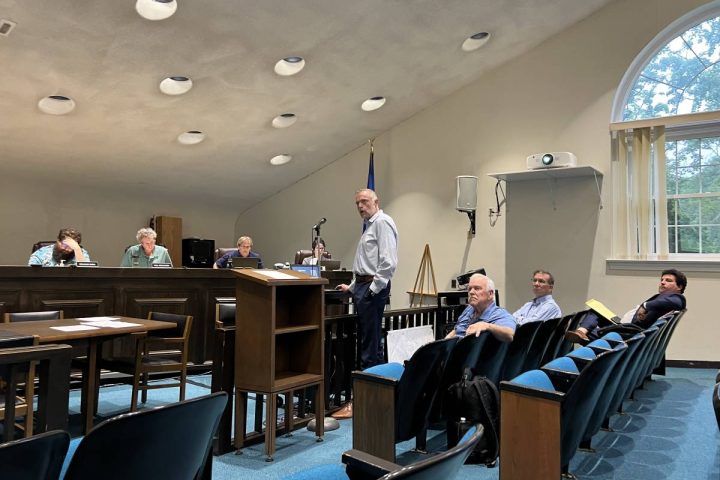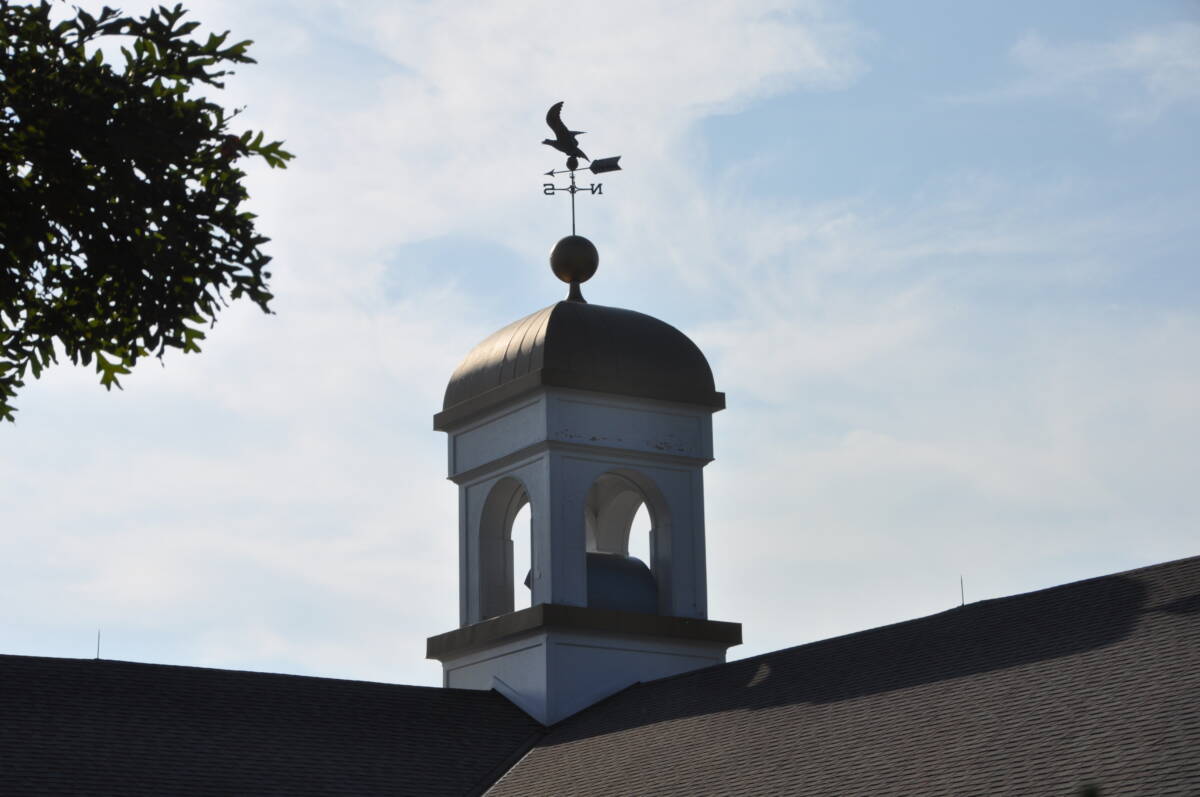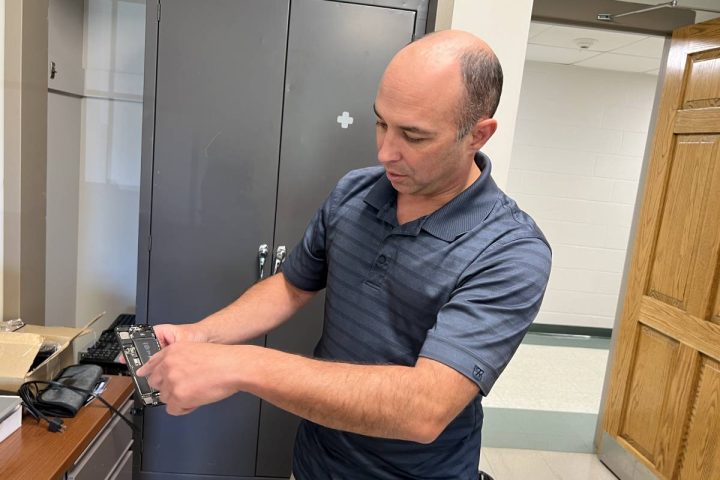MONROE, CT — Taxpayers will decide on a $104.1 million town budget proposal for fiscal year 2024-25 with a 1.91 percent increase in the tax rate when they go to the polls during the referendum at St. Jude School on May 7. The Board of Finance unanimously approved the spending plan at its meeting Thursday night.
“I feel this is one of the best budgets we have put out to the voters,” Chairman Michael Manjos said. “With an increase in taxes of just over 1.9 percent, I feel it’s a reasonable increase based on a growing school population and inflation.”
“It has been a team effort led by the first selectman, who used his years of experience to help facilitate a collaborative environment where both the Town Council and Board of Finance unanimously approved the budget,” he said.
Terry Rooney had served on the Town Council for years, but this is his first budget process as the town’s first selectman.
“Entering this budget season and knowing what we were losing in Board of Education grants and knowing the projections for health insurance premiums, I’m very happy to see this outcome,” Rooney said.
“The diligence and the conservative nature of the directors is appreciated by this office,” he added. “The hard work and analysis of the Town Council and the Board of Finance resulted in a budget that I am comfortable seeing delivered to the taxpayers of Monroe.”
The first selectman also praised Finance Director Ronald Bunovsky Jr., Deputy Finance Director Heidi Meade and Town Treasurer Frank Dutches for their efforts in the budget process.
Bunovsky said the change in leadership from former first selectman Ken Kellogg to Terry Rooney added “a new twist to the process”, but having the same staff — especially with Meade, and town department heads, Manjos’ leadership on the Board of Finance, and the staff in place on the Board of Education side helped make it a smooth transition.
Calculating individual tax bills
The budget proposal carries a projected mill rate of 38.27 mills compared to the current 37.55 mill rate. Individual tax bills can be calculated by multiplying one’s assessed property value by the mill rate and then dividing by 1,000.
If voters approve the budget on May 7, the Board of Finance will meet and set the new mill rate.
The town budget proposal includes $71,464,259 for education, which is $3,780,835 or 5.59 more than the current $67,683,424 budget.
The Board of Finance added $126,600 back the Board of Education budget proposal, allowing the district to restore things that had been cut, including a summer reading program for elementary school students, a literature lab at Masuk High School, instructional supplies across all schools, three lunch/recess paras, and $10,000 for software renewals.
The town budget proposal includes $31,748,849 for municipal services, which is $499,161 or 1.6 percent more than current spending. The proposal also includes a $400,000 Board of Finance contingency and $486,586 of “other appropriations.”
Revisions
During the Board of Finance budget workshop, Manjos recommended adding $380,166 to paving and maintenance so there would be a total of $1 million in the operating budget for town roads, and fellow board members agreed on the revision.
The board also agreed to use $2.5 million from the undesignated fund balance to offset the tax increase, reducing the amount that was previously going to be used by $450,000. Dutches said interest revenue can help to make up for it.
“[Finance board member] Steve [Kirsch] expressed concern over taking too much and we do have to wean off of it,” Manjos said of dipping into the undesignated fund balance.
“If we can keep the mill rate increase under two, I think we should do it,” Kirsch said of using less from the fund.
He also suggested the fund be used for some capital projects in the future, without the need to bond.
The finance board agreed to add $60,000 to the budget to allow a town social worker to go from part to full time. This would depend upon union approval.
The board increased the anticipated tax collection rate from 98.8 to 98.9 percent.
Bunovsky said the town’s medical insurance line item could be adjusted with a $278,837 reduction, particularly because of the Board of Finance’s contingency fund in place. Board members made the change.
The board agreed that town officials could bond for $7.2 million worth of capital projects, which Bunovsky said would keep debt spending level from year to year. Bonding for any of the projects would need approval from the Board of Finance, Town Council, then voters at a Town Meeting.
Kirsch noted that the town has a AAA bond rating and is in a strong position to borrow money for projects, and Manjos said he is comfortable bonding for $7.5 million to $8 million a year.
Some of the capital projects that may move forward include $1.5 million for the town paving program, a roof replacement for Jockey Hollow Middle School, a state mandated HVAC assessment for the entire school system and a new ambulance for the Monroe Volunteer Emergency Medical Service.
Approval of going to bond for two tanker trucks for the Monroe Volunteer Fire Department and a pumper truck for the Stepney Volunteer Fire Department will allow firefighters to start the process of ordering vehicles.
All respectful comments with the commenter’s first and last name are welcome.






